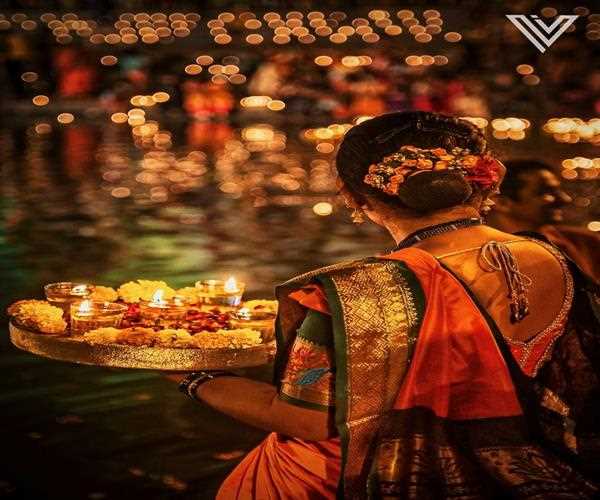The Festival of Lights’ Diwali is celebrated all over the world, and it’s not just an Indian affair. Diwali is a family gathering time, a time for special prayers, a time for fireworks, says Jain. The festival presents a victory of light over darkness, good over evil and knowledge over ignorance themes which are widespread globally. Diwali is a very favorite festival in Nepal and people there also celebrate it with great enthusiasm, they pray to Goddess Laxmi for wealth and prosperity.
Diwali has come to be celebrated in the United States in particular by the Indian diaspora. Many of those celebrations are marked by vibrant community events, cultural performances and marking the lighting of diyas (oil lamps). Colorful rangolis adorn homes and as they share delicious sweets with their family and friends. In addition, Diwali is also celebrated in schools and offices, showing how modern American society is becoming multicultural.
Diwali celebrations take place in the United Kingdom and widely in Indian and other South Asian communities. Large scale events are staged in major cities such as London with parades, concerts, light festivals. Lights illuminate the public spaces, and at the heart of the festival are the obligatory firework displays. The multicultural fabric of the country has seen Diwali in the UK grow into the celebrations that it is today with people of all backgrounds taking part.

Diwali is also widely celebrated in Australia including Sydney and Melbourne. But the festival is performed with a mix of traditional rituals and modern festivities. Race out celebrates Australians of Indian heritage performing pujas, and others celebrating in public. Diwali is a time markets are full of Diwali-related merchandise and people in College are festive in the atmosphere and as a result it’s an important event on the cultural calendar.
Diwali is a combination of religious ceremonies and public festivities in countries, among them, Canada, and South Africa, and Malaysia. It brings people together regardless of cultural backgrounds. Diwali, with its tone of positivity, kindness and togetherness, serves as a pure essence, which has now transcended from diverse nations and collected people with the same cultural points to stick together.
Conclusion
In conclusion, Diwali is no longer just a national holiday, it has grown from one that crosses borders to become a globally shared celebration of light, joy and unity. The festival is marked in Nepal as well as from the United States through such cultural performances, family gatherings and religious observances. This bond in communities, this cross cultural understanding, this shows us what is good, what is prosperous: it is not evil. With Diwali going global, its powerful message of hope and resilience is a precious reminder of the spirit of sharing humanity, of living and breathing peacefully in spite of differences of culture and tradition.